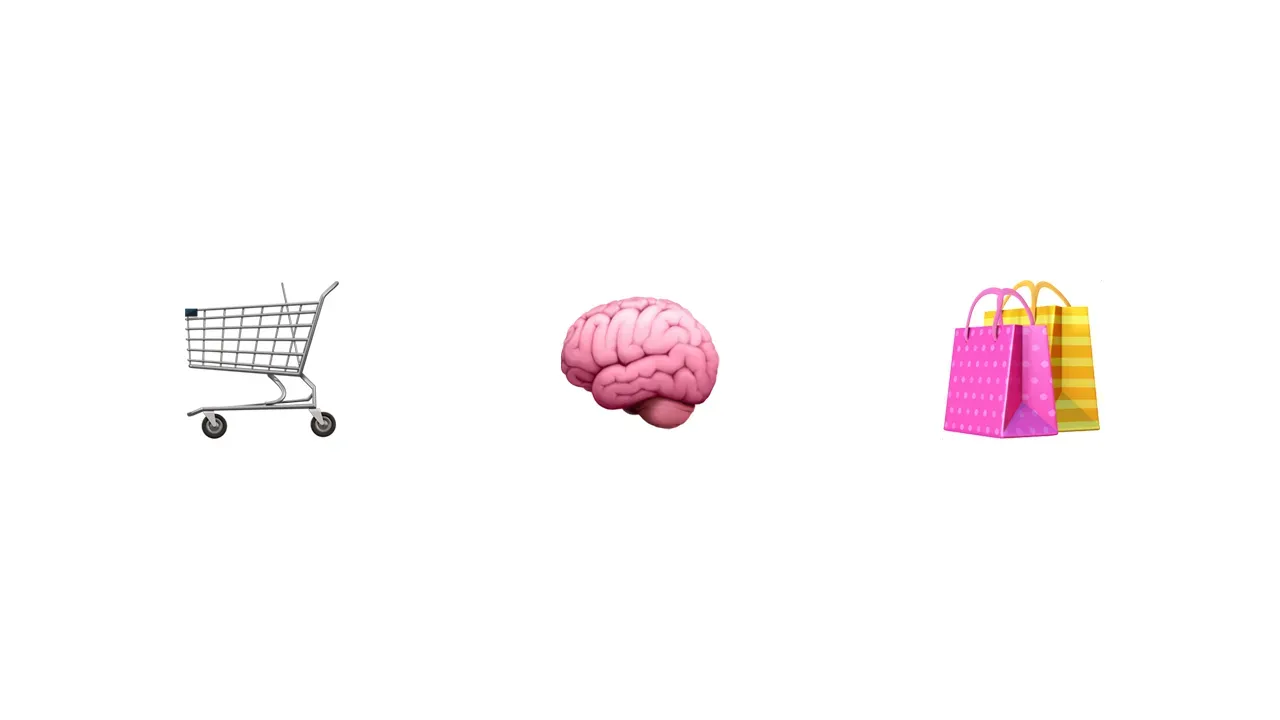About free will
Some time ago, I have written about predictive analytics, which describes, among other things, the essential idea behind my previous startup Placedise.
A major point of discussion there is always the idea of “free will”.
Many believe that behavior can neither be influenced nor predicted, since man has a free will.
But is this correct?
Let’s push this thought a little further.
Free will means in this argument that people always behave differently than one would predict it.
If this were the case, the behavior would, however, again be predictable as it always would be the opposite of the original forecast.
It might be objected that free will simply leads to a strong variance and that there is no pattern at all.
But this is wrong and that’s where we need to talk about the manipulability of humans!
How are we influenced by external conditions?
Do you use the sidewalk or do you walk alongside the cars on the road?
If a movie starts at 8pm, would you go to the cinema at 11pm?
Do you wear the same clothes in winter as in summer?
Are you scared if you suddenly hear a loud explosion?
Do you eat something when you’re hungry?
Social norms, rules, but also simple logical and rational or biological reactions are some reasons why our decisions already follow clear structures most times.
In addition, there are also other influences that we are usually not very aware of, like the fact that we are mainly worried about those crises that are addressed in the news or that we don’t like things when a good friend has had negative experiences with them.
Thinking about this mostly already leads to see human behavior from a slightly different perspective.
But did you know that we are actually influenced much stronger?
Scientists have done a variety of exciting and at the same time shocking experiments in the past few years.
One of them you can see in the subsequent video.
The Yale University professor, John A. Bargh, is considered one of the most renowned researchers in the field of subconscious influence and Social Psychology in general.
He also believes that free will as it is commonly understood by society, does not exist (see also his lecture here) - as virtually all scientists who deal seriously with our brain, mind and behavior.
Of course we can consciously influence certain events and our behavior in general.
However, in the end we are very much influenced by external factors in many areas.
To put it in the words of Professor Bargh: These influences - “(…) they work and I’m sorry, but they do”.
You could have a lot of debate whether this is good or bad.
In the end, we can not change it.
What we can do however, is to understand these effects.
Who is aware of how human behavior is affected, can use this knowledge to his advantage - starting with quite simply things like that you can achieve better athletic performance through music with the corresponding beat (source).
But of course you can also use this knowledge in the corporate environment to optimize marketing and control how you influence customers.
Ultimately, this manipulation of our decisions is the reason why marketing and advertising works at all.
If this were not, almost any form of advertising would be useless.
How such things are already being used is shown in the subsequent video:
Conclusion
Free will is an interesting construct.
The truth is that it, as understood by the general public, does not exist.
However, to simply accept it can significantly help to gain back some control over own activities and to benefit from it.
Finally, for companies, it means that in marketing many details influence whether someone buys the product at the end or not.
As a consumer, you don’t need to be totally frustrated and anxious - as described in another post here, advertising won’t be able to make you do things, which you would never ever do consciously.


